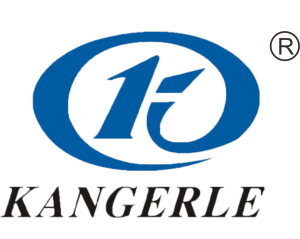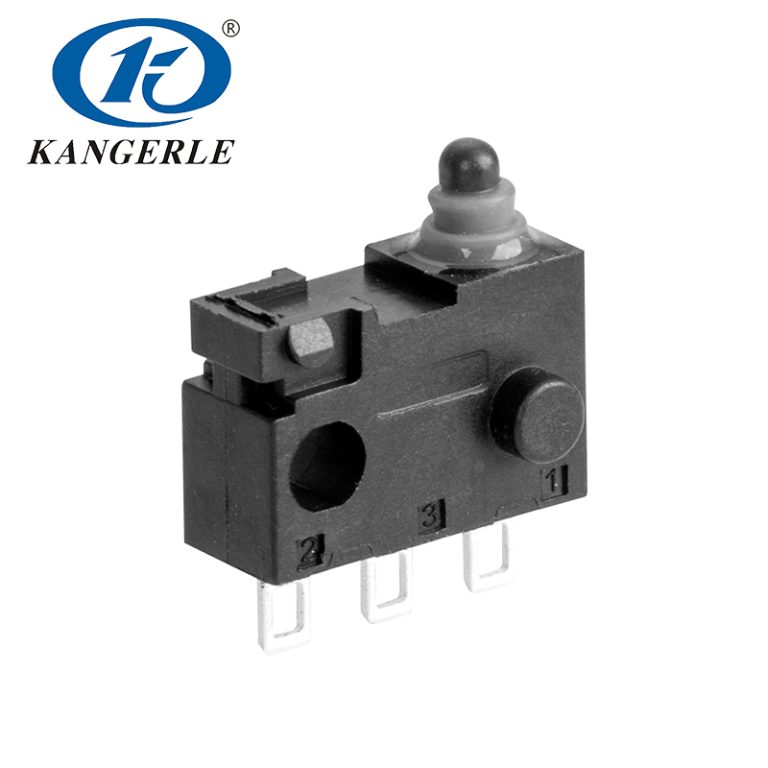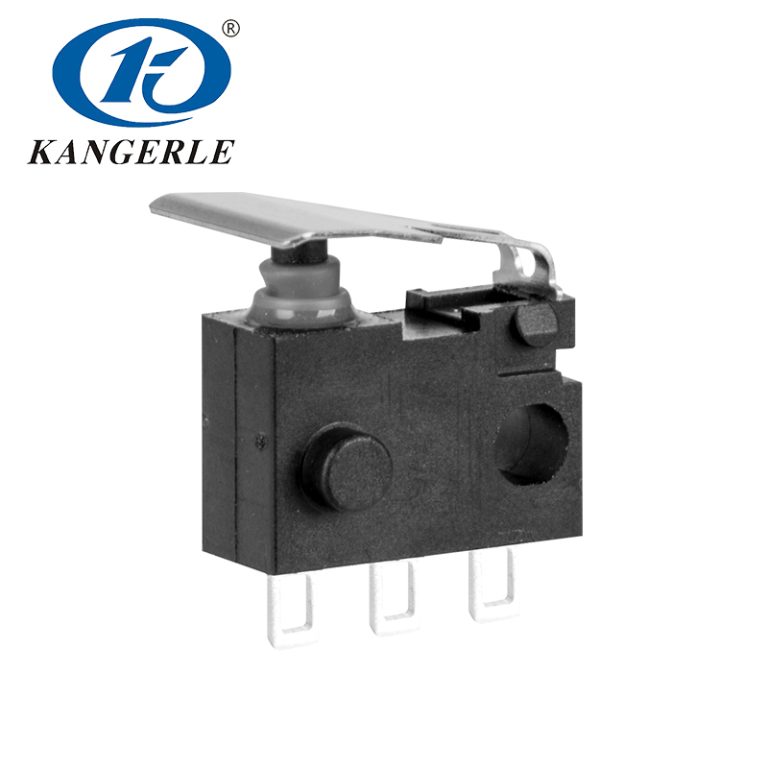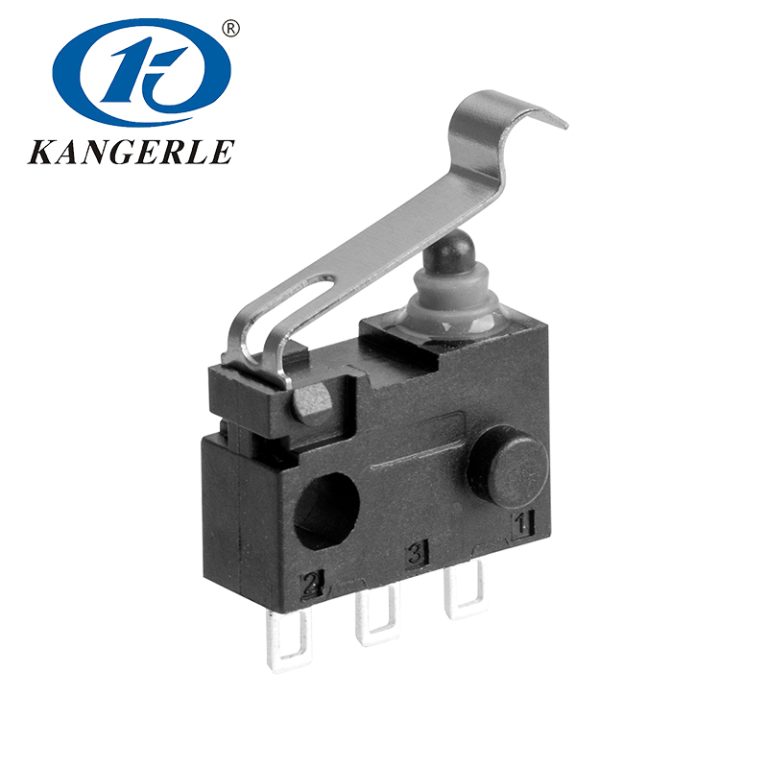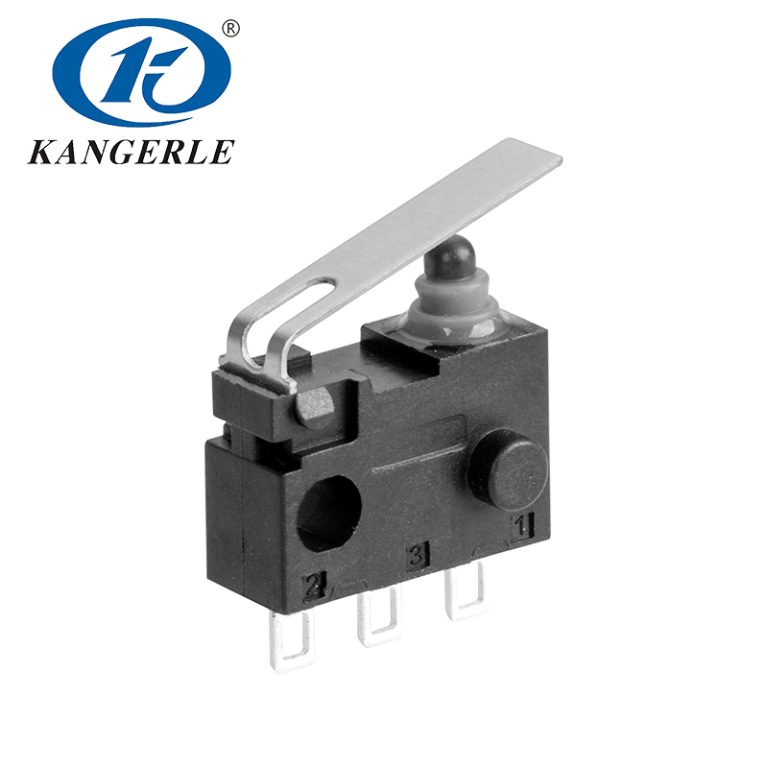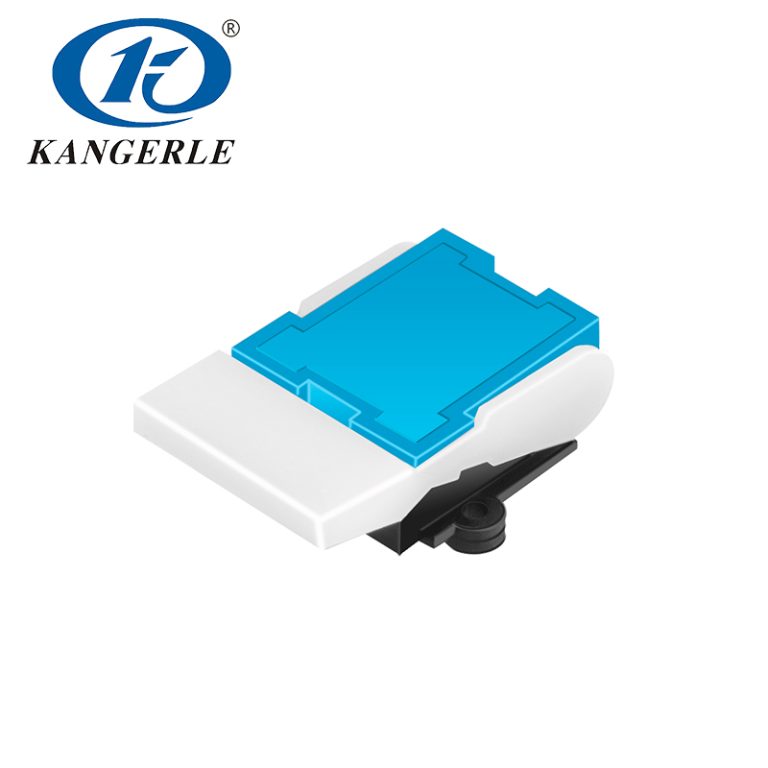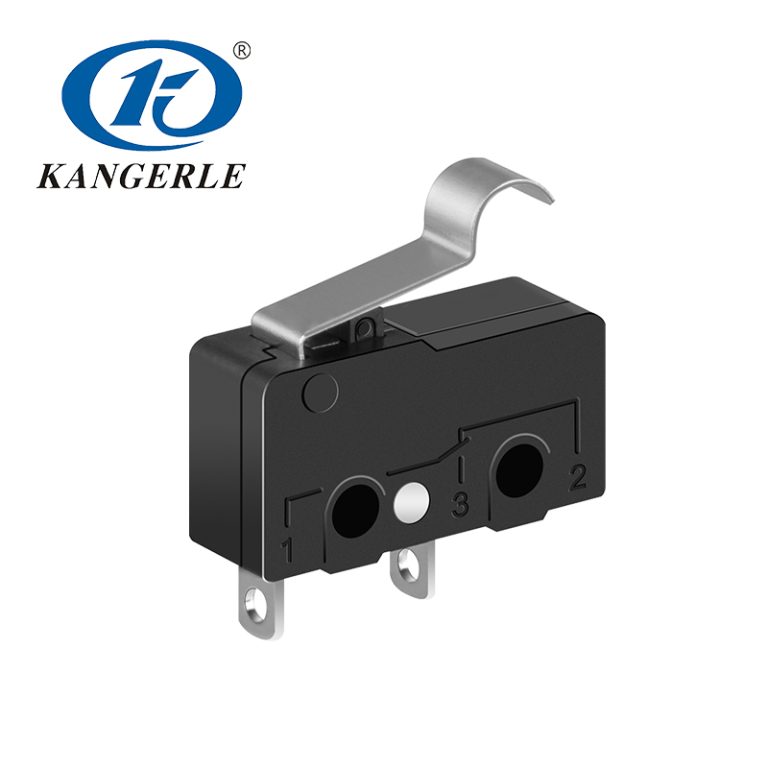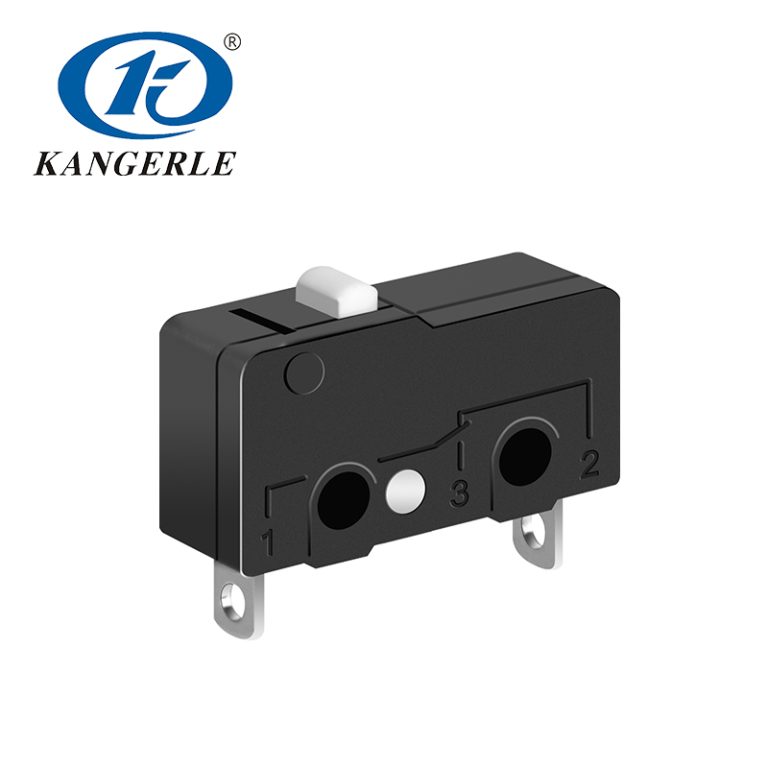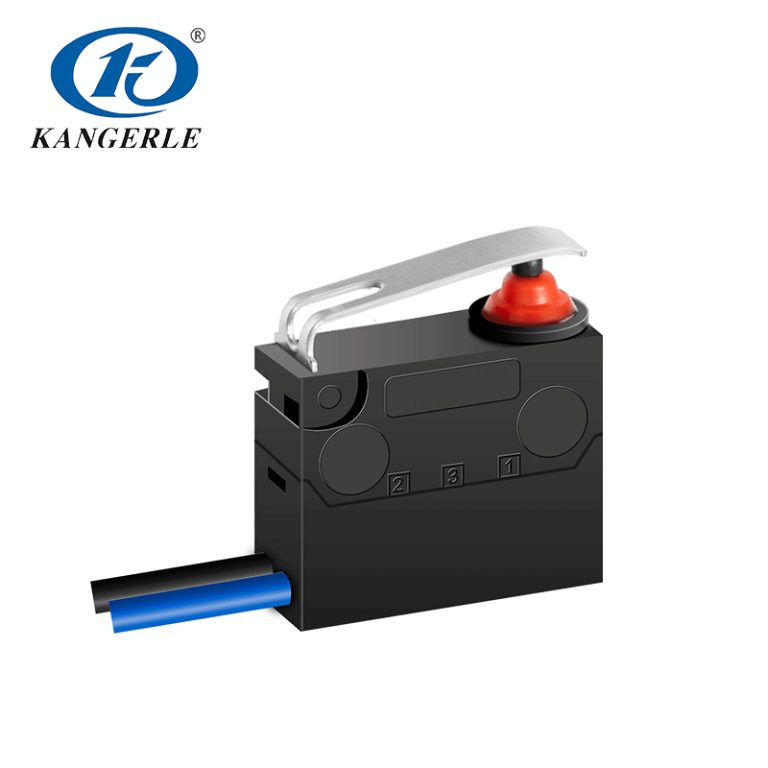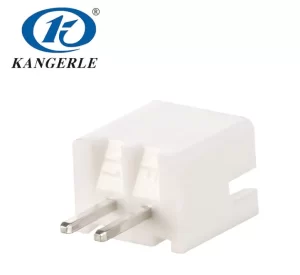
The Role of Connectors in Electrical Systems
Definition and Functionality of Connectors
Connectors play a vital role in electrical systems, acting as the interface that establishes dependable connections between different parts of a circuit. Their main purpose is to facilitate the smooth transmission of electrical signals and power, ensuring optimal performance. The design of connectors can include a variety of shapes, sizes, and configurations, each designed for specific applications and operational needs. Whether they are used in intricate industrial machinery or basic household devices, connectors are essential for preserving the integrity of electrical systems.
Importance of Efficient Connectivity
Efficient connectivity is the cornerstone of any high-performing electrical system. When connectors deliver minimal resistance and consistent reliability, the overall system’s efficiency is maximized. Poor-quality or ill-fitted connectors can introduce unnecessary resistance, leading to signal loss, overheating, and even system failure. Therefore, investing in high-quality connectors is essential for ensuring that electrical energy and signals are transmitted optimally, enhancing the performance and longevity of the entire system.
Types of Electrical Connectors
FRC Connectors
Flat Ribbon Cable (FRC) connectors are commonly used in applications requiring the connection of multiple signal wires in a single, flat cable format. These connectors are particularly useful in compact, high-density environments like computer systems and data communication equipment. Their design allows for quick and easy connections, streamlining the assembly process. Reference products are Kangerle FPC CONNECTOR KEL-AFA07-S06ECA-0Z, FPC CONNECTOR KEL-AFA31-S12CA-HF, etc.
DIP Connectors
Dual In-line Package (DIP) connectors are widely utilized in connecting hardware components, especially within the realms of consumer electronics and microcomputing. These connectors feature a sequence of pins on both sides of a rectangular housing, fitting through holes on a printed circuit board (PCB). The compatibility of DIP connectors with automated assembly processes makes them a staple in modern electronics manufacturing. Connectors for this model are Kangerle’s XH-3AW and KEL-XH-8A.
SMD Connectors
Surface Mount Device (SMD) connectors are specifically crafted for compact and complex electrical configurations. Unlike traditional connectors, they attach directly to the surface of a PCB, eliminating the need for through-hole connections. This design significantly reduces space consumption and boosts assembly efficiency. SMD connectors are perfectly suited for high-density applications such as mobile devices, medical equipment, and automotive electronics. Kangerle’s KEL-1.0-WO2 and KEL-1.25-LI5 are both SMD connectors.
Benefits of Using High-Quality Connectors
Enhanced Electrical Performance
Reduced Signal Loss
One of the primary benefits of using high-quality connectors is the reduction in signal loss. Superior connectors are engineered to provide minimal resistance, thus maintaining the integrity of the electrical signal as it travels through different circuit components. This is particularly crucial in applications requiring precise signal transmission, such as telecommunications and data processing.
Improved Conductivity
High-caliber connectors often feature materials and designs that enhance electrical conductivity. This ensures that power and signals are transmitted more efficiently, reducing energy loss and improving the overall performance of the system. Improved conductivity also minimizes the chances of overheating, thereby extending the life of the connected components.
Increased Durability and Longevity
High-quality connectors are generally constructed from robust materials that resist wear and tear, even in harsh operational environments. This results in increased durability and longevity, decreasing the need for frequent replacements and maintenance. Strong and reliable connectors contribute significantly to the operational uptime of electrical systems, enhancing productivity and reducing costs.
Safety Considerations
Utilizing premium connectors also boosts safety. Dependable connectivity reduces the chances of short circuits, current leakage, and overheating, which can all present serious dangers. Top-tier connectors frequently come with safety certifications and go through stringent testing to confirm they adhere to international standards, offering reassurance in their use.
Innovations in Connector Technology
Miniaturization Trends
One notable trend in connector technology is miniaturization. As electronic devices continue to become smaller and more complex, the demand for miniature connectors has surged. These connectors are designed to deliver high performance in a reduced form factor, making them ideal for modern gadgets and compact industrial equipment.
Improvements in Material Science
Advancements in material science have led to the development of connectors that are more resilient, efficient, and environmentally friendly. New materials enhance the conductivity, durability, and overall performance of connectors, while also being better suited for high-speed data transmission and power management applications.
Smart Connectors
The advent of smart connectors marks a significant innovation in this field. These connectors integrate intelligent features like self-diagnosis, real-time performance monitoring, and automatic fault detection. Smart connectors offer enhanced reliability and efficiency, making them an excellent choice for critical applications in sectors such as aerospace, medical technology, and high-performance computing.
Kangerle
Founded in the early 1990s in Wenzhou city, Kangerle has grown to become a dominant player in the production and distribution of electronic components. With more than twenty years of experience, the company focuses on producing a wide range of switches like slide switch and rocker switch, and connectors essential for household appliances, security systems, video and communication technologies, automotive applications, and computer systems.
Kangerle’s prowess is evident in its precision-engineered products, with the 2.5mm Pitch 2 Pins Straight Header Connector KEL-XH-2A being a prime example. This connector excels in stability and efficiency, thanks to its meticulous design that guarantees reliable performance across diverse electrical systems. Its 2.5mm pitch and two-pin configuration underscore its versatility, making it adaptable to a broad spectrum of applications.
Another testament to Kangerle’s innovation is the SMD Connector KEL-1.0-LI2, a high-density Surface Mount Device (SMD) connector tailored for compact and intricate electrical setups. Boasting a robust design, this connector withstands the demands of manufacturing processes, delivering reliable and enduring connections.
In essence, Kangerle’s connectors, notably the KEL-XH-2A and KEL-1.0-LI2, are instrumental in elevating the efficiency of electrical systems. Their resilience, versatility, and unwavering reliability make them the go-to choice for numerous applications. For unparalleled performance and efficiency in your electrical systems, trust Kangerle’s connectors.
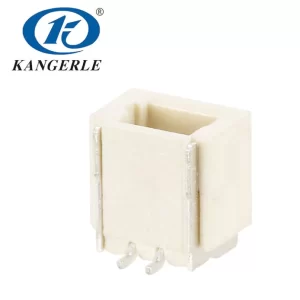
Challenges and Solutions in Connector Integration
Addressing Connector Compatibility Issues
Standardization
Standardization serves as a crucial remedy for compatibility challenges in connectors. By following international standards, manufacturers guarantee that their products can work harmoniously with other parts, irrespective of the brand or source. This minimizes the chances of mismatches and assures consistent performance across various systems. Standardized connectors facilitate both manufacturing and maintenance procedures, making the replacement and upgrading of components more straightforward.
Custom Solutions
While standardization is essential, custom solutions also play a critical role in enhancing the compatibility of connectors in specialized applications. Custom-designed connectors cater to specific requirements that standardized products may not address. These solutions can be tailored to meet unique operational specifications, environmental conditions, and performance criteria. Custom connectors often deliver superior functionality and reliability in niche applications, ensuring optimal integration and performance.
Ensuring Proper Installation and Maintenance
Proper installation and maintenance are crucial for the effectiveness and longevity of connectors. Incorrect installation can lead to poor connectivity, signal loss, and even damage to the electrical system. Implementing best practices for installation, such as following manufacturer guidelines and using appropriate tools, ensures secure and reliable connections. Regular maintenance checks help identify and address wear and tear, corrosion, or any degradation in connector performance, preventing potential system failures and downtime.
Future Trends in Electrical Connector Technology
Emerging Applications
Electric Vehicles
Electric vehicles (EVs) represent a burgeoning field where the role of connectors is increasingly significant. The efficiency and reliability of connectors in EVs directly impact the vehicle’s performance and safety. High-performance connectors facilitate robust power delivery and data transfer within the vehicle’s diverse electrical networks, from battery management systems to infotainment units. Innovations in connector technology are essential to support the growing complexity and requirements of EV systems.
Renewable Energy Systems
In renewable energy systems, the use of efficient connectors is essential for maximizing the capture and distribution of energy. Solar panels, wind turbines, and battery storage systems depend on strong connectors to manage high power loads and withstand environmental stresses. The durability and reliability of these connectors are enhanced through advanced materials and designs, ensuring consistent performance even under harsh conditions such as temperature extremes, moisture, and UV exposure. These connectors are crucial for improving the overall efficiency and viability of renewable energy solutions.
Sustainability Concerns
Sustainability has become a key consideration in the development and application of connectors. Manufacturers are increasingly focusing on eco-friendly materials and production processes to reduce the environmental impact of connectors. Innovations such as biodegradable insulation and conductive materials derived from renewable sources are being explored. Additionally, the design for recyclability is gaining traction, ensuring that connectors can be more easily reprocessed at the end of their lifecycle. These sustainability measures not only benefit the environment but also align with the growing consumer demand for greener technologies.
Enhancing System Efficiency with Optimal Connector Selection
Criteria for Choosing the Right Connector
Application-Specific Requirements
Selecting the right connectors involves evaluating the specific requirements of the application they will be used in. Parameters such as current rating, voltage, signal integrity, and connection type are crucial. For instance, high-frequency applications necessitate connectors with excellent signal integrity and minimal loss. Understanding these application-specific needs ensures that the selected connectors deliver optimal performance and reliability.
Environmental Factors
Environmental factors significantly influence the choice of connectors. Factors such as temperature, humidity, exposure to chemicals, and mechanical stress must be considered. For example, connectors used in outdoor settings or industrial environments need to be robust enough to withstand harsh conditions. Ensuring that the connectors are rated and tested for the intended environmental conditions prevents premature failures and enhances the system’s overall reliability.
Cost-Effectiveness
While the performance and reliability of connectors are crucial, their cost-effectiveness should not be disregarded. It is essential to balance performance demands with budget limitations for an efficient system design. Cost-effectiveness encompasses more than just the initial purchase price; it also includes long-term considerations like durability, maintenance requirements, and replacement intervals. By investing in high-quality connectors that provide a longer lifespan and reduced maintenance, significant savings can be achieved over time.
Conclusion
In summary, connectors are fundamental to the efficiency and reliability of electrical systems. From ensuring minimal signal loss and enhanced conductivity to addressing compatibility issues and environmental challenges, the selection and proper integration of connectors are paramount. As technology progresses and new applications emerge, innovations in connector design and materials will continue to play a significant role. By understanding and implementing the right solutions, such as standardization, custom designs, and regular maintenance, one can ensure that electrical systems perform at their optimum levels, thus maximizing efficiency and longevity. The future of connectors looks promising with advancements geared towards sustainability, miniaturization, and smart functionalities, paving the way for more robust and efficient electrical systems.
